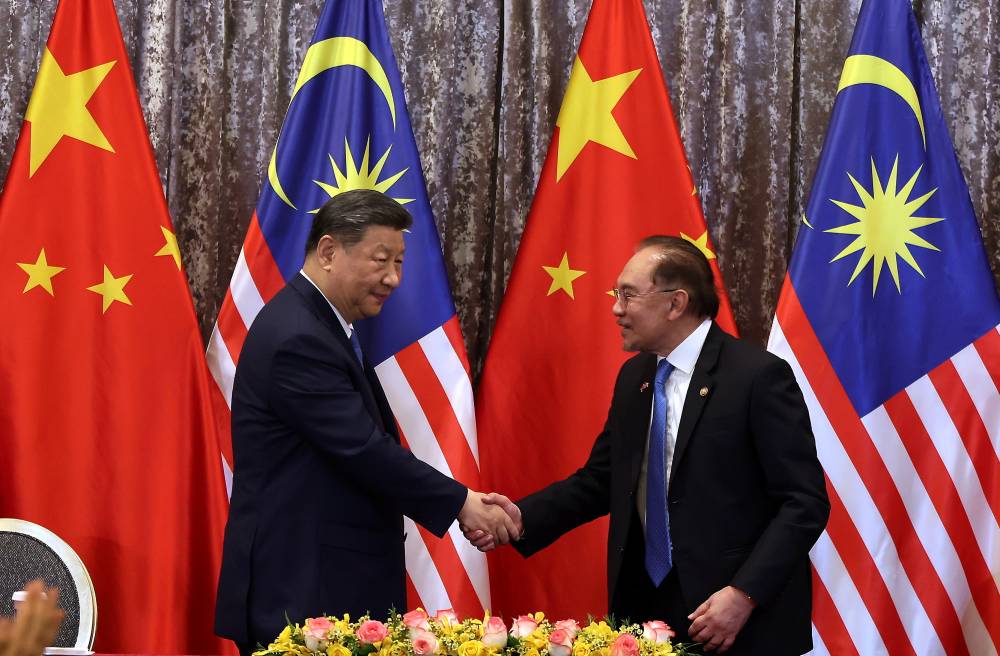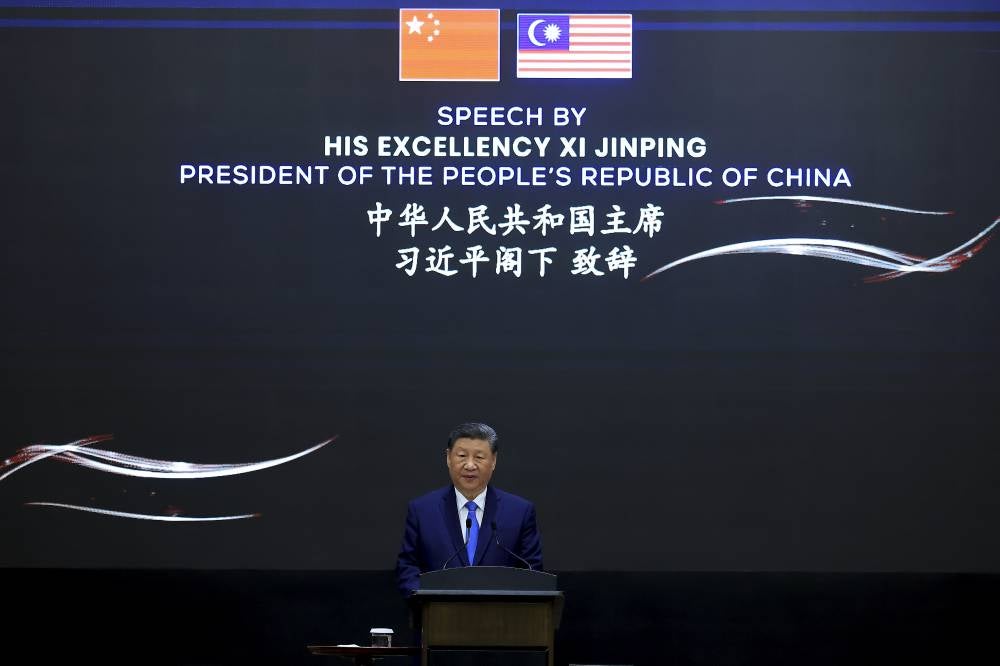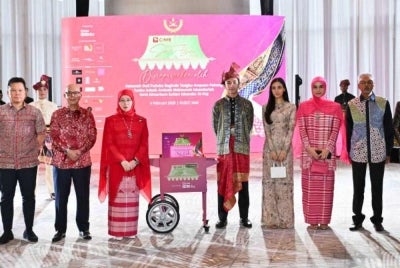Xi's visit: Young Malaysians at the forefront of China-Malaysia ties amid global rivalry
Xi's visit highlighted a changing global landscape where younger generations were profoundly affected by the shifting dynamics of regional and international relations.

SHAH ALAM – President Xi Jinping’s visit to Malaysia to mark 50 years of diplomatic ties comes at a time of intensifying geopolitical rivalry, with young Malaysians increasingly affected by regional power competition in areas such as trade, technology, education and security.
According to Universiti Malaya lecturer in the Department of International and Strategic Studies, Associate Professor Dr Khoo Ying Hooi, the Chinese President's visit highlighted a changing global landscape where younger generations were profoundly affected by the shifting dynamics of regional and international relations.

"For young Malaysians, the outlook is increasingly shaped by this regional power competition, especially in areas like trade, technology, education and security," she told Sinar Daily when contacted today.
Khoo said that as China continued to assert itself as a key development partner through initiatives like the Belt and Road Initiative (BRI), digital infrastructure investments and scholarship programmes, its role in shaping Malaysia's future became even more prominent.
"China continued to project itself as a key development partner through the BRI, digital infrastructure investments and scholarships, as well as by advocating for building a community with a shared future," she said.
Xi’s advocacy for a "community with a shared future" presents opportunities, but requires careful navigation of Malaysia’s strategic autonomy amidst growing tensions between major powers.
Khoo emphasised that the future of Malaysia’s youth is closely linked to the country's ability to maintain its strategic independence.
"For the youth, this meant living in a multipolar and uncertain world. To thrive, they would have to develop a strong understanding of international affairs, digital literacy and regional cooperation.
"This moment offers young Malaysians an opportunity to shape the nation’s future.
"This generation had to be critically engaged, not just passive recipients of economic aid or infrastructure but active participants in shaping Malaysia’s foreign policy vision," Khoo added.
She expects the benefits of this geopolitical engagement to be most visible in Malaysia's economic and educational sectors.
She said China is also poised to expand its scholarship programmes, focusing on science, technology, engineering and mathematics (STEM), artificial intelligence (AI) and Mandarin-language fields.
"We could see increased university collaborations, including student exchanges and research partnerships, opening more opportunities for Malaysian students," Khoo said.
She said China’s growing influence in Malaysia’s digital economy, particularly in areas like youth entrepreneurship and digital infrastructure, would likely bring new avenues for growth.
However, Khoo cautioned that these opportunities had to be pursued with transparency and a careful eye on their long-term impact.
"In this uncertain geopolitical climate, youths must be vigilant. Cooperation with China must be transparent, ensuring it does not erode democratic values or lead to over-dependence.
"Malaysia’s youth face clear challenges. As the world becomes increasingly interconnected, they must ask critical questions about desired development and its beneficiaries.
"It is not just about China's offerings, but how Malaysia prepares its future generation to negotiate, lead and innovate in a shifting global order," Khoo added.
Download Sinar Daily application.Click Here!















